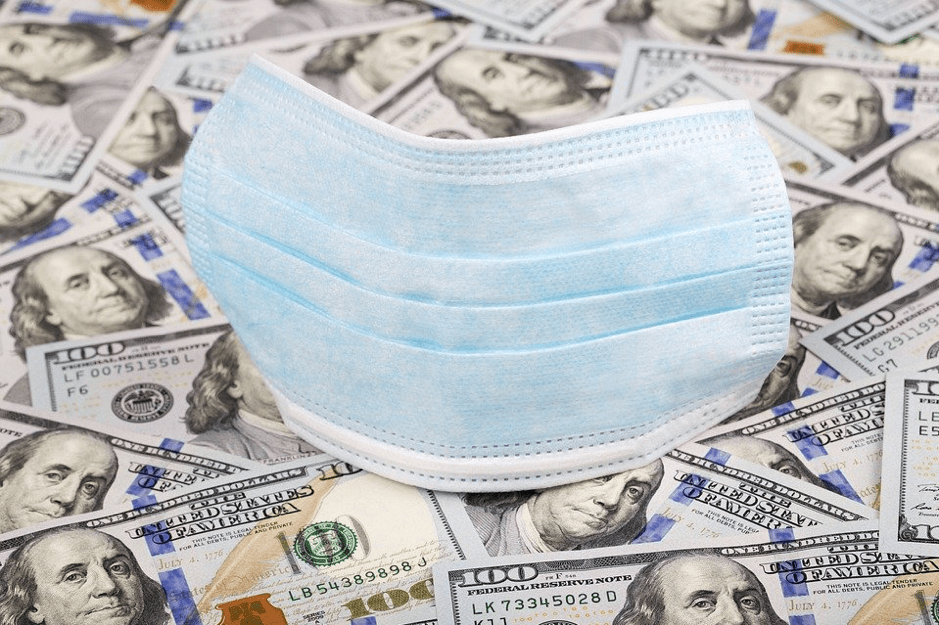Although Covid-19 is yet to cause an economic crisis quite as severe as the well-known ‘Great Depression’ governments’ financial support will not be able to stop the recession that is brewing. A new depression is not impossible if the pandemic keeps spreading and the panic keeps expanding.
In the USA, the stock market triggered three “circuit breakers” on the 9th, 12th and 16th March, measures that prevent panic selling by freezing the market and restricting trading. Not long after US oil prices traded below zero for the first time in history. Countries all over the world are also in economic troubles. According to The Economist, all the major market indexes other than Shenzhen Comp in China, including S&P 500 and NAScomp in the USA, the FTSE 100 in Britain, and the Shanghai Comp in China, have fallen. The global economy has been growing across the 10 years following the 2008 financial crisis, but the outbreak of the pandemic has brought underlying structural economic problems to the surface, leading us to a new economic crisis.
Comparing the current economic crisis to those in the last century, there is little doubt that there will be more jobs lost and bankruptcies, but with unprecedented intervention from governments and central banks, much of the misery that the Great Depression brought might be able to be avoided. In the 1930s, with the prevalence of liberalism around the world, governments lacked the willingness or ability to response quickly, and effectively. However, the current situation is much different to that of the last century. The experience of several economic crises across the last 100 years has prompted governments to rethink responses and formulate practical policies to save the economy when in need. After cutting the base interest rate to zero, the US Federal Reserve has announced quantitative easing without limits. EU finance ministers have also agreed on an emergency fund totalling €500 billion. Meanwhile in China, where the outbreak began, the government are continuing to try to stabilise the economy with some local governments offering consumption coupons to relieve financial stress on individuals. On the 7th April, Japan’s cabinet approved $120 billion stimulus package to support their economy. With such extraordinarily high fiscal intervention, the hope is that any upcoming recession will be followed by a speedy recovery.
However, the economic crisis still has the threat of having a more dramatic and long lasting impact. According to the Financial Times, by April 11, the rate of those with approved for unemployment insurance claims rose to 11 per cent of the entire workforce, the highest in history. It has also recently been reported that real unemployment rate in the USA has soared above 20%. Even during the period of the Great Depression, the highest rate was 24.9% in 1933. China suffered negative growth in the first quarter of the year with a 6.8% GDP decline, which itself is a particularly rare occurrence in the past 40 years of the Chinese economic history. Other countries around the world are also already showing signs of economic damage. The world’s economic prospects are hazy as all countries suffer from a pandemic that has brought about economic challenges like no other recession in history.
Consumption is set to remain low for at least a few months longer, which is a sign that we are a long way off economic recovery. It is quite possible that the current economic crisis might prove to be more harmful that any of the last century.
Image: Pixabey

